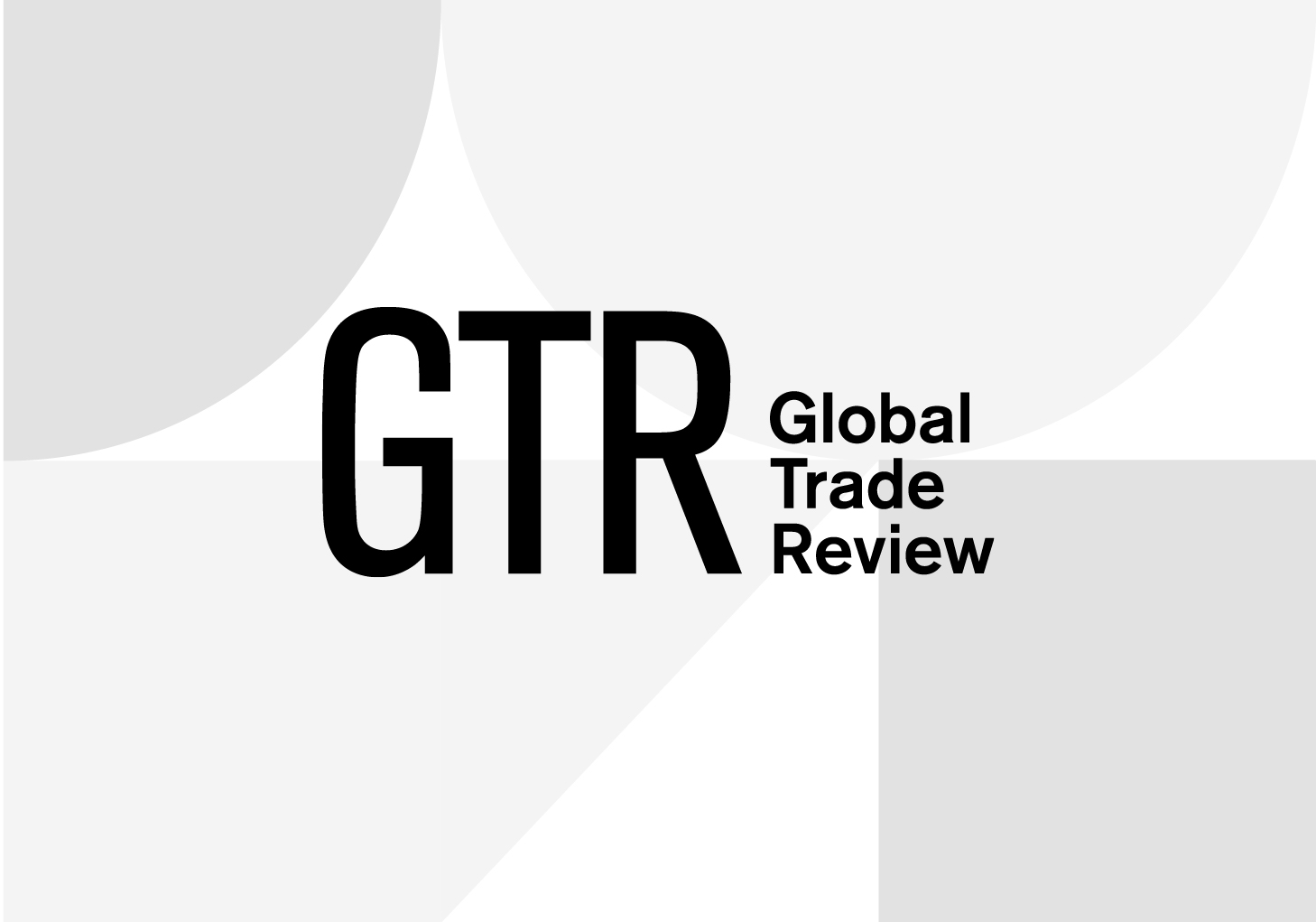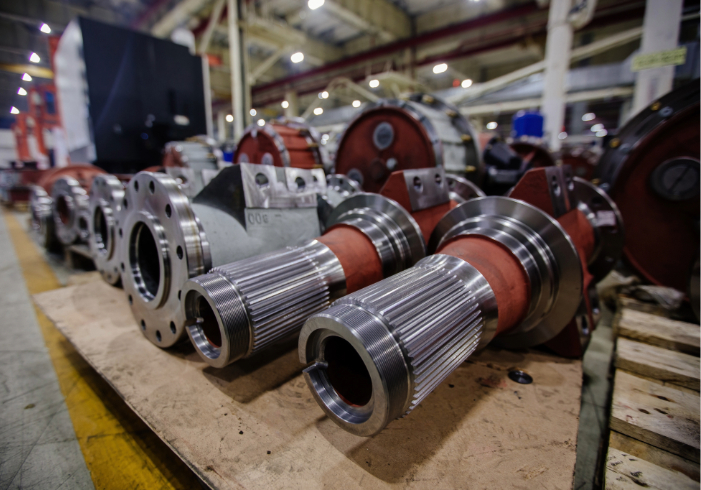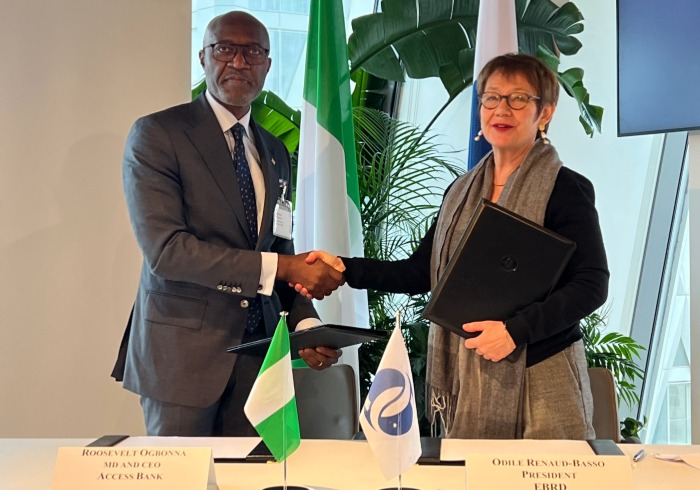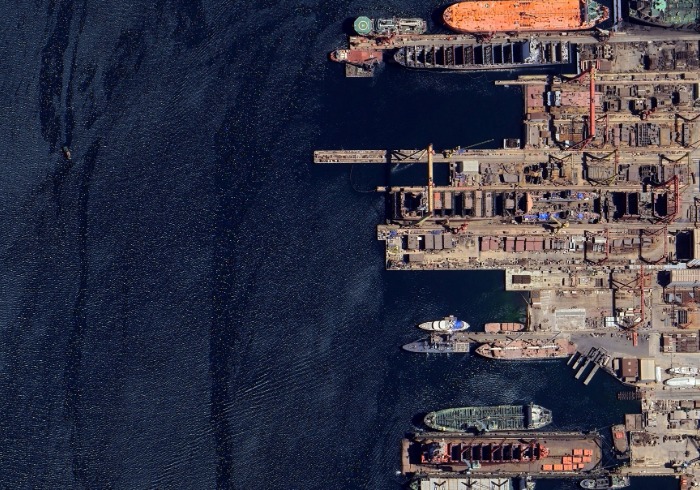Standard & Poor’s Ratings Services has lowered its long-term corporate credit rating on Russian oil company OAO NK Yukos to ‘CCC’ from ‘BB-‘, following a court decision to ban it from selling or pledging assets, except for products (for example, stock in key production subsidiaries and OAO Siberian Oil Co – Sibneft), in connection with a US$3.5bn tax claim that Yukos is challenging in court. In addition, the ratings on Yukos remain on CreditWatch, where they were placed on October 31, 2003, but the implications have been revised to developing from negative.
At the same time, the Russia national scale rating on Yukos was lowered to ‘ruB’ from ‘ruAA-‘.
In a related action, Standard & Poor’s also lowered its long-term corporate credit rating on Russian oil company Sibneft to ‘B’ from ‘B+’, following the court decision to freeze Yukos’ assets, including the company’s 92% stake in Sibneft. The rating remains on CreditWatch with developing implications, where it was placed on October 31, 2003.
At the same time, the Russia national scale rating was lowered to ‘ruA-‘ from ‘ruAA-‘.
“The downgrade and the potential downside of the CreditWatch status on Yukos reflect Standard & Poor’s concerns about the increasing risk of Yukos losing ownership rights over its key cash-generating subsidiaries and uncertainties regarding liquidity,” says Standard & Poor’s credit analyst Elena Anankina. “There is also mounting political pressure on the company, which might weaken Yukos’ position in the tax case; the court hearings are scheduled in May.”
Under the stress scenario, if Yukos loses the tax case, the company may find itself under threat of forced sale of core assets, insolvency procedures, or effective nationalisation of its assets.
“The downgrade and the CreditWatch status on Sibneft reflect increasing uncertainties about the potential reversal of the acquisition of Sibneft by Yukos and, consequently, about Sibneft’s shareholding structure and financial policy,” says Anankina. “The rating action also highlights the risk that the mounting pressure on Yukos might affect Sibneft.”
In addition, potential pressure on the rating on Sibneft comes from the company’s aggressive corporate governance practices, as illustrated by the opportunistic use of the weakness of Russia’s institutions to try to unwind the takeover by Yukos via regulatory and legal pressure. The company’s financial policy has been aggressive, as demonstrated by the large dividends paid in 2001, 2002, and 2003, and active usage of aggressive tax optimisation mechanisms. Nevertheless, Sibneft’s strong operating performance (19.4% organic production growth in 2003 and a 32% Ebitda margin in the first half of 2003) suggests some upside from the ‘B’ rating level, if financial structure, ownership, control, and governance issues can be resolved.
“Yukos does not have any effective control over Sibneft’s management, assets, or cashflows, as illustrated by several failures to elect its representatives to Sibneft’s board of directors. Therefore, although the rating on Yukos affects the rating on Sibneft, it does not act as a formal constraint,” adds Anankina.
Standard & Poor’s will continue to closely monitor developments between Yukos and Sibneft and the implications for both companies.







